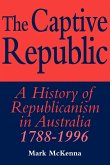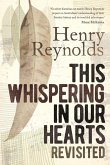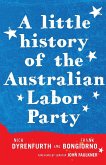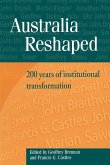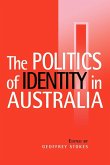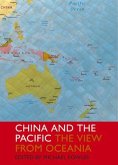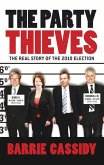The 1890s were a watershed in Australian history, a time of mass unemployment, industrial confrontation and sweeping social change. They also nurtured a flourishing radical culture: anarchists, socialists, single taxers, feminists and republicans. This book, informed by feminist theory and cultural studies, recreates that political and social vision. Bruce Scates reappraises these radicals and the debates they entered into and the causes they espoused. He offers new insights into a broad range of topics: the creation of the Labor Party and the meaning of citizenship; the rise of 'first-wave' feminism and contested gender definitions; the vibrant literary culture; the Utopian vision of the radicals and the communities they established; and the harsh realities of poverty and unemployment. The book tells the story of the politics of the street, and draws out many of the striking resonances between the 1890s and the 1990s.
Table of contents:
Introduction; 1. 'A world apart': Class, culture and the language of radicalism; 2. The politics of reading: belief, ideology and the transmission of knowledge; 3. 'Within cooee distance of the millennium': the rise and fall of radical politics; 4. 'The new Arcadia': communal settlements on the land; 5. Poverty and protest: the culture and politics of mass unemployment; 6. 'A citizen first': women, socialism and the politics of gender.
The 1890s were a watershed in Australian history, a time of mass unemployment, industrial confrontation and sweeping social change. They also nurtured a flourishing radical culture: anarchists, socialists, single taxers, feminists and republicans. This book, informed by feminist theory and cultural studies, recreates that political and social vision.
This book tells the story of the politics of the street, and draws out many of the striking resonances between the 1890s and the 1990s.
Hinweis: Dieser Artikel kann nur an eine deutsche Lieferadresse ausgeliefert werden.
Table of contents:
Introduction; 1. 'A world apart': Class, culture and the language of radicalism; 2. The politics of reading: belief, ideology and the transmission of knowledge; 3. 'Within cooee distance of the millennium': the rise and fall of radical politics; 4. 'The new Arcadia': communal settlements on the land; 5. Poverty and protest: the culture and politics of mass unemployment; 6. 'A citizen first': women, socialism and the politics of gender.
The 1890s were a watershed in Australian history, a time of mass unemployment, industrial confrontation and sweeping social change. They also nurtured a flourishing radical culture: anarchists, socialists, single taxers, feminists and republicans. This book, informed by feminist theory and cultural studies, recreates that political and social vision.
This book tells the story of the politics of the street, and draws out many of the striking resonances between the 1890s and the 1990s.
Hinweis: Dieser Artikel kann nur an eine deutsche Lieferadresse ausgeliefert werden.


